[smart_track_player url=”https://traffic.libsyn.com/secure/nionradio/11_Life_Values_in_Creativity__Life_Optimization.mp3″ title=”11 Life Values in Creativity & Life Optimization” artist=”Nick Onken” image=”https://onkensworld.com/wp-content/uploads/2021/10/209_11CreativeExcellenceLifeHacks_CVR.jpg” color=”#de4b9b” ]
“Follow your feels.”
– Nick Onken
Welcome back to ONKEN RADIO (previously NION Radio) — the podcast where we explore the body, mind, and soul of the creative entrepreneur. It’s my goal to help you take your creativity, business, and life to the next level. I’m so glad you’re joining me on this journey.
Today, we’ve got something slightly different. I want to share 11 excellent life-optimization hacks that have helped me out over the last few years to access my creativity. Not only that, each has been instrumental in helping me live a better life and feel good. I’ve been disciplined about learning what techniques there are and figuring out what works for me over the last couple of years.
It’s important to realize that not everything I share will work for you, but these 11 optimization hacks can start your journey. I’m excited to share them, so let’s get into this episode!
-
Personal Development
There was a time my business was failing, so I decided to enroll in the Mastery In Transformational Training (MITT) that my friend Lewis Howes introduced me to. It focuses on teaching about living in possibility and how our negative thoughts construct limiting beliefs. Once I understood the limiting beliefs creating my life, I could break free and build new beliefs that have been game-changers for the last few years.
Interviewing hundreds of guests on this podcast has shown me that any form of success starts with mindset — I can safely suggest that this is a great place to start.
Not all beliefs are conscious, though, and through my emotional intelligence leadership course, I learned that the subconscious mind makes up 95% of our beliefs while the conscious mind represents only 5%! Traumas and belief systems are embedded in the subconscious, so utilizing tools like psychedelics such as psilocybin and ketamine to navigate the subconscious — to rewire the subconscious — can be tremendously advantageous.
It’s on the rise, and people are using psychedelics for therapy to treat depression, PTSD, and addiction. I’ve learned the important difference between medicines and drugs — medicines help heal trauma while drugs tend to focus on symptoms.
Psychedelics can be daunting, but more studies are coming out showing how highly transformative they are, and if you’d like to hear more on the subject, Episode #185 talks about my journey with psychedelics.
-
Health
Health has been one of the most significant investments I’ve committed to over the last ten years and that I’ve accelerated to optimize my body during the last three years.
As I get older, I’ve become more in tune with not just how my body looks but, more importantly, how I feel after eating foods like carbs and sugar. To start, I changed my diet to include fewer carbs and sugars.
It’s important to recognize that everyone’s body works and reacts differently based on our sensitivities to different foods. Eating fewer carbs and sugar is working for me — but you’ve got to investigate what’s good for you and create healthier habits. A documentary that helped shift my perspective, That Sugar Film, shed light on what sugar does to your body.
The effect of sugar hits home too because my mother has cancer, and sugar feeds cancer. My decision to decrease my sugar intake has become abundantly clear for longevity. It’s taken discipline and new habits, but it’s been hugely rewarding, and I can feel it physically.
Avoiding sugar doesn’t mean sacrificing taste either! If this too feels daunting, listen to Episode #78 with Rocco Dispirito, where we discuss incorporating healthy eating into your lifestyle.
Supplements have also become a big part of my regime, and after loads of experimenting to feel what worked best I settled on Organifi. When I’m on the road, it’s easy to add their sachets to water and all the nutrients and electrolytes I need. When I’m at home, I have my protein smoothies, which start my day off perfectly.
To learn more about keeping your immune system healthy, I can recommend listening to Shawn Stevenson’s podcast, The Model Health Show.
Another important element is gut health, and I’ve been utilizing a supplement called ion from Dr. Zach Bush. This is a naturally-sourced dietary supplement that promotes a balanced gut, a healthy immune system, and a stronger you, and I love it!
Next, I’ve been practicing intermittent fasting — which means not eating for 14 to 18 hours, so I’ve been eating dinner at around 6 PM, which I’ve found helps me sleep better, and then my next solid meal is at 11 AM. I try to stick to that as much as I can by eating my protein smoothie I linked up above. My favorite protein’s done by my friend Andrew Sealy called Glo vegan, developed with a potent antifungal Lentin protein made from shitake mushroom.
Another product I use is called CoreCumin by Nurish, a super-concentrated micro nano curcumin, which aids in removing inflammation from your body. Another important product they have that helps to detoxify and extract heavy metals from the brain is CogniNurish. If you’d like to give them a try, you can use the code ONC to get 20% off your purchase.
-
Movement
Movement has been vital, and I try to integrate it into my life, so every morning I do a 20-minute workout, which is five minutes of a yoga stretch, followed by a 15-minute High-Intensity Training (HIT) workout.
For the HIT portion, I have different movements that include push-ups, pull-ups, and dumbbells so that even when I’m on the road, I can get it done. I push hard for 45 seconds with a 15-second rest in between. Each exercise will have three sets, and I have five different exercises I rotate to keep it interesting.
I also love biking around New York City! If I have to run errands or go to meetings, I’ll use my bike as much as I can, which quickly adds up to a 20 or 25-mile ride for cardio.
If I’m not cycling, I’ll walk and listen to audiobooks and podcasts to learn while exercising, which has been another game-changer for me.
I’m not obsessive about being in the gym and working out — it’s about staying healthy.
-
Staying in My Zone of Genius
My zone of genius is creating things — podcasts, taking photographs, making hats, learning how to DJ. Staying creative and building relationships is where I thrive, so I’ve had to learn to delegate things that are not necessarily my cup of tea.
An example has been switching my shopping to Amazon, so now everything gets shipped directly to me, and there’s no need to spend hours in the store. I know there’s a lot of controversy over this company, but it’s helped me in the delegation space, and I love it.
-
Space Curation and Optimization
Optimizing my apartment means it now lives and breeds creativity while aesthetically inspiring me, which helps enforce great habits I want to embody. By consciously creating your space, you program your subconscious to do things daily and enable healthier habits to form. Leaving things on the counter like my supplements so I remember to take them or having a dedicated meditation table gives me that support.
In my office, I have my hat station, my DJ setup, and my desk, all of which is intentionally curated to inspire me and help avoid procrastination. Even during those four months of quarantine, I was happy being in my apartment because it’s set up for me to thrive.
I love playing music, so I have my home connected to a Sonos sound system to play music throughout my house to drive my creativity.
-
Sleep Optimization
I’m very disciplined about getting eight hours of sleep and optimizing the quality of those eight hours. I wish I could operate productively off of five or six hours of sleep, but when I don’t get enough sleep, I’m simply sitting at my computer wishing for bed. I’ve noticed what a difference eight hours makes to my mental health and how much better I feel.
There are a couple of hacks I’ve learned to get better quality sleep.
That Ooler pad made by Chilisleep is one of the biggest game-changers in my sleep regime. I did a podcast with the founders, Todd and Tara, talking about more of the science of how cooling your system triggers your body into going to sleep. Instead of blasting my entire apartment, the pad runs cooled water through the pad between the mattress and bottom sheet. Now my body is kept at 65 degrees throughout the night — the optimum temperature for restorative sleep.
I’m also trying a product called Remrise, a sleep vitamin designed to promote deeper restorative sleep without the negative groggy after-effects like most sleeping tablets. Thanks to another important piece of technology, my Oura ring, I can track my sleep each night to see the impact of things like Remrise.
The ring monitors my sleep, calculating total deep sleep, REM sleep, and light sleep as well as tracking my fitness and providing me with data about my overall readiness.
Cutting alcohol consumption has also been a considerable contributor to optimizing sleep. If I do drink, I have a cocktail around 5 PM so my body has plenty of time to metabolize it before I go to bed.
Travelling can be disruptive to my sleep schedule, so I use a product called NuCalm, which is a biosignal auditory bio-hack that plays frequencies through the app and has a bio-cycle disc that goes on your left wrist acupuncture point. It does a great job of dropping you into a deep restorative restful state.
-
Mental Health
I’ve already spoken about how vital sleep has been to ensure I start the day optimally.
Meditation is another practice I use to help with my mind. I do a Vedic style of meditation, which de-stresses the body and helps remove negative thoughts so they’re not sitting in my body. I do that every morning for at least 20 minutes, which definitely helped during the past 18 months where COVID added extra layers of stress.
Another practice that I’ve been implementing is gratitude. Gratitude is the expression of appreciation for what one has, and practicing it every day has become one of my most effective tools to shift my state of being. There’s a book called The Magic by Rhonda Byrne where you read a chapter a day for a month and learn different gratitude practices.
Finally, I have a wellness station in my living room for meditation. I have a “magic” table to aid this process with Copal to burn, candles, and books — I even have oracle cards from Kim Kranz on there!
-
Community
We are the sum of the five people we hang out with the most — be careful and intentional about who you’re spending time. Are they pushing you towards greatness, or are they toxic? Do they create drama and drag you down? These are important distinctions to understand as part of determining if someone is helping you get to where you want to be.
A great way to find people is to seek communities or wellness events that support the direction you want your life to go.
Another important lesson is learning to set boundaries with people, even with family, to help you eliminate toxic people from your life. If they’re dragging you down or creating drama, your mental health and wellbeing depends on setting boundaries.
-
Hydration
I’ve been learning from my friend Tracy Duhs on how to optimize hydration. She has a fantastic podcast called Hydrate I can highly recommend. To purify my water, I use a water filtration system called AquaTru water filter.
I’ve also started adding chlorella, lime juice, and chia seeds to my water. One of the benefits of this is that they act as an excellent delivery system for hydration in the body.
If I’m travelling, I use sachets from LMNT to provide all the sodium-based electrolytes I need.
-
Media Intake
I could put this under mental health, but in my view, it’s something that needs extra attention. We’re so unaware of the media and how they profit from your fear, which is why it’s essential to understand that they will post news stories that trigger anxiety within you.
Fear is a commodity these days, and fear drives media outlets’ behavior. We get addicted to drama, which is incredibly unhealthy. I’ve found that reducing the amount of news I watch and curating things like my Instagram feed by following uplifting people inspires me now instead of triggering fear and anxiety.
I recommend watching an excellent documentary called The Social Dilemma on Netflix, which talks about how algorithms are specifically designed to feed us more of what we click on.
-
Personal Creative Projects
This final life value is all about playing, having fun, and getting into a flow state. Doing what’s fun doesn’t have to cost money~ It’s about seeking opportunities to try new mediums if you’re an artist. Or if you’re not an artist yet, try and play with art wherever your creativity takes you.
I’ve been a photographer for almost 20 years, but I’ve explored other mediums like painting murals and making hats — now I’m learning how to DJ! It’s all fun and keeps my creativity flowing as I learn new things.
There is no right or wrong; simply follow what makes you feel expansive and do more of that. Start focusing on creating more than you consume.
11 Life Values and Identity Alchemy
I hope you found some wisdom that resonated within these 11 life values to start creating your formula for Identity Alchemy.
Discovering who we are and expressing that with courage and clarity is a journey we are all on together. My list of 11 life values is just from the last ten years, and even now, I feel like I’m just scratching the surface. While discovering all of this takes time, I wouldn’t change it for the world because everything I am today is because of my curiosity to alchemize my identity.
Alchemy is defined as the process of taking something ordinary and turning it into something extraordinary, sometimes in a way that cannot be explained. Thus, I define Identity Alchemy as the process of deconstructing who you don’t want to be, thereby allowing you to realize who you want to become.
I believe that the deconstruction process of your inner world and your life is such a huge piece of understanding of who you are to curate who you want to become. Through it, you’ll be able to identify your shadows or the things you don’t want to be true about you, shedding them slowly. In general, I noticed that the more inner work that I do — the deeper shadow work that I do to understand myself — the better life becomes towards the path of wholeness.
Thank you so much for joining me today, guys. I hope you enjoyed this episode. If you did, please screenshot it and post it to Instagram and tag me, @nickonken. And if you’ve got time, leave me a review of this podcast. I’d love to hear your feedback.
I’ll catch you guys next time — now go live the creative lives you were meant for.
Nick Onken
You can Subscribe and Listen to the Podcast on Apple Podcasts. And please leave me a Rating and Review!
“You attract who you are.”
– Nick Onken
Some things we learn in this podcast:
- How to deal with your trauma [4:00]
- What is the difference between medicines and drugs [5:00]
- How to optimize your health [6:00]
- How to create healthy habits [6:45]
- What is intermittent fasting [9:15]
- How to set a routine for success [13:30]
- How to optimize your sleep [16:15]
- How to destress the body [20:00]
- How to monitor your media intake [26:00]
11 Life Values in Creativity & Life Optimization
-
Personal development
-
Health
-
Movement
-
Staying in my zone of genius
-
Space curation and optimization
-
Sleep optimization for mental health and productivity
-
Mental health
-
Community
-
Hydration
-
Media intake
-
Personal creative projects
Links Mentioned:
- Learn more about Ascension Leadership Academy
- Learn more about Organifi and use the code ‘onken’ for 15% off
- Get the recipe for Nick’s Protein Smoothie Bowl
- Learn more about Nurish.Me’s CoreCumin and Cogninurish
- Listen to Onken Radio Episode 184: Todd & Tara Youngblood – Chilling Your Way to Better Sleep
- Use the code ‘Nick15’ for 15% off the Ooler Sleep System and Nick25 for 25% off the chiliPAD
- Learn more about the NuCalm sleep system
- Learn more about the Aquatru reverse osmosis water filter and use the code ‘ONKEN299’ for $150 off
LET'S CONSPIRE & CREATE
CULTIVATING YOUR VISUAL UNIQUENESS AND STREAMLINING YOUR BRAND'S EVOLUTION
[smart_track_player url=”https://traffic.libsyn.com/secure/nionradio/11_Life_Values_in_Creativity__Life_Optimization.mp3″ title=”11 Life Values in Creativity & Life Optimization” artist=”Nick Onken” image=”https://onkensworld.com/wp-content/uploads/2021/10/209_11CreativeExcellenceLifeHacks_CVR.jpg” color=”#de4b9b” ]
“Follow your feels.”
– Nick Onken
Welcome back to ONKEN RADIO (previously NION Radio) — the podcast where we explore the body, mind, and soul of the creative entrepreneur. It’s my goal to help you take your creativity, business, and life to the next level. I’m so glad you’re joining me on this journey.
Today, we’ve got something slightly different. I want to share 11 excellent life-optimization hacks that have helped me out over the last few years to access my creativity. Not only that, each has been instrumental in helping me live a better life and feel good. I’ve been disciplined about learning what techniques there are and figuring out what works for me over the last couple of years.
It’s important to realize that not everything I share will work for you, but these 11 optimization hacks can start your journey. I’m excited to share them, so let’s get into this episode!
-
Personal Development
There was a time my business was failing, so I decided to enroll in the Mastery In Transformational Training (MITT) that my friend Lewis Howes introduced me to. It focuses on teaching about living in possibility and how our negative thoughts construct limiting beliefs. Once I understood the limiting beliefs creating my life, I could break free and build new beliefs that have been game-changers for the last few years.
Interviewing hundreds of guests on this podcast has shown me that any form of success starts with mindset — I can safely suggest that this is a great place to start.
Not all beliefs are conscious, though, and through my emotional intelligence leadership course, I learned that the subconscious mind makes up 95% of our beliefs while the conscious mind represents only 5%! Traumas and belief systems are embedded in the subconscious, so utilizing tools like psychedelics such as psilocybin and ketamine to navigate the subconscious — to rewire the subconscious — can be tremendously advantageous.
It’s on the rise, and people are using psychedelics for therapy to treat depression, PTSD, and addiction. I’ve learned the important difference between medicines and drugs — medicines help heal trauma while drugs tend to focus on symptoms.
Psychedelics can be daunting, but more studies are coming out showing how highly transformative they are, and if you’d like to hear more on the subject, Episode #185 talks about my journey with psychedelics.
-
Health
Health has been one of the most significant investments I’ve committed to over the last ten years and that I’ve accelerated to optimize my body during the last three years.
As I get older, I’ve become more in tune with not just how my body looks but, more importantly, how I feel after eating foods like carbs and sugar. To start, I changed my diet to include fewer carbs and sugars.
It’s important to recognize that everyone’s body works and reacts differently based on our sensitivities to different foods. Eating fewer carbs and sugar is working for me — but you’ve got to investigate what’s good for you and create healthier habits. A documentary that helped shift my perspective, That Sugar Film, shed light on what sugar does to your body.
The effect of sugar hits home too because my mother has cancer, and sugar feeds cancer. My decision to decrease my sugar intake has become abundantly clear for longevity. It’s taken discipline and new habits, but it’s been hugely rewarding, and I can feel it physically.
Avoiding sugar doesn’t mean sacrificing taste either! If this too feels daunting, listen to Episode #78 with Rocco Dispirito, where we discuss incorporating healthy eating into your lifestyle.
Supplements have also become a big part of my regime, and after loads of experimenting to feel what worked best I settled on Organifi. When I’m on the road, it’s easy to add their sachets to water and all the nutrients and electrolytes I need. When I’m at home, I have my protein smoothies, which start my day off perfectly.
To learn more about keeping your immune system healthy, I can recommend listening to Shawn Stevenson’s podcast, The Model Health Show.
Another important element is gut health, and I’ve been utilizing a supplement called ion from Dr. Zach Bush. This is a naturally-sourced dietary supplement that promotes a balanced gut, a healthy immune system, and a stronger you, and I love it!
Next, I’ve been practicing intermittent fasting — which means not eating for 14 to 18 hours, so I’ve been eating dinner at around 6 PM, which I’ve found helps me sleep better, and then my next solid meal is at 11 AM. I try to stick to that as much as I can by eating my protein smoothie I linked up above. My favorite protein’s done by my friend Andrew Sealy called Glo vegan, developed with a potent antifungal Lentin protein made from shitake mushroom.
Another product I use is called CoreCumin by Nurish, a super-concentrated micro nano curcumin, which aids in removing inflammation from your body. Another important product they have that helps to detoxify and extract heavy metals from the brain is CogniNurish. If you’d like to give them a try, you can use the code ONC to get 20% off your purchase.
-
Movement
Movement has been vital, and I try to integrate it into my life, so every morning I do a 20-minute workout, which is five minutes of a yoga stretch, followed by a 15-minute High-Intensity Training (HIT) workout.
For the HIT portion, I have different movements that include push-ups, pull-ups, and dumbbells so that even when I’m on the road, I can get it done. I push hard for 45 seconds with a 15-second rest in between. Each exercise will have three sets, and I have five different exercises I rotate to keep it interesting.
I also love biking around New York City! If I have to run errands or go to meetings, I’ll use my bike as much as I can, which quickly adds up to a 20 or 25-mile ride for cardio.
If I’m not cycling, I’ll walk and listen to audiobooks and podcasts to learn while exercising, which has been another game-changer for me.
I’m not obsessive about being in the gym and working out — it’s about staying healthy.
-
Staying in My Zone of Genius
My zone of genius is creating things — podcasts, taking photographs, making hats, learning how to DJ. Staying creative and building relationships is where I thrive, so I’ve had to learn to delegate things that are not necessarily my cup of tea.
An example has been switching my shopping to Amazon, so now everything gets shipped directly to me, and there’s no need to spend hours in the store. I know there’s a lot of controversy over this company, but it’s helped me in the delegation space, and I love it.
-
Space Curation and Optimization
Optimizing my apartment means it now lives and breeds creativity while aesthetically inspiring me, which helps enforce great habits I want to embody. By consciously creating your space, you program your subconscious to do things daily and enable healthier habits to form. Leaving things on the counter like my supplements so I remember to take them or having a dedicated meditation table gives me that support.
In my office, I have my hat station, my DJ setup, and my desk, all of which is intentionally curated to inspire me and help avoid procrastination. Even during those four months of quarantine, I was happy being in my apartment because it’s set up for me to thrive.
I love playing music, so I have my home connected to a Sonos sound system to play music throughout my house to drive my creativity.
-
Sleep Optimization
I’m very disciplined about getting eight hours of sleep and optimizing the quality of those eight hours. I wish I could operate productively off of five or six hours of sleep, but when I don’t get enough sleep, I’m simply sitting at my computer wishing for bed. I’ve noticed what a difference eight hours makes to my mental health and how much better I feel.
There are a couple of hacks I’ve learned to get better quality sleep.
That Ooler pad made by Chilisleep is one of the biggest game-changers in my sleep regime. I did a podcast with the founders, Todd and Tara, talking about more of the science of how cooling your system triggers your body into going to sleep. Instead of blasting my entire apartment, the pad runs cooled water through the pad between the mattress and bottom sheet. Now my body is kept at 65 degrees throughout the night — the optimum temperature for restorative sleep.
I’m also trying a product called Remrise, a sleep vitamin designed to promote deeper restorative sleep without the negative groggy after-effects like most sleeping tablets. Thanks to another important piece of technology, my Oura ring, I can track my sleep each night to see the impact of things like Remrise.
The ring monitors my sleep, calculating total deep sleep, REM sleep, and light sleep as well as tracking my fitness and providing me with data about my overall readiness.
Cutting alcohol consumption has also been a considerable contributor to optimizing sleep. If I do drink, I have a cocktail around 5 PM so my body has plenty of time to metabolize it before I go to bed.
Travelling can be disruptive to my sleep schedule, so I use a product called NuCalm, which is a biosignal auditory bio-hack that plays frequencies through the app and has a bio-cycle disc that goes on your left wrist acupuncture point. It does a great job of dropping you into a deep restorative restful state.
-
Mental Health
I’ve already spoken about how vital sleep has been to ensure I start the day optimally.
Meditation is another practice I use to help with my mind. I do a Vedic style of meditation, which de-stresses the body and helps remove negative thoughts so they’re not sitting in my body. I do that every morning for at least 20 minutes, which definitely helped during the past 18 months where COVID added extra layers of stress.
Another practice that I’ve been implementing is gratitude. Gratitude is the expression of appreciation for what one has, and practicing it every day has become one of my most effective tools to shift my state of being. There’s a book called The Magic by Rhonda Byrne where you read a chapter a day for a month and learn different gratitude practices.
Finally, I have a wellness station in my living room for meditation. I have a “magic” table to aid this process with Copal to burn, candles, and books — I even have oracle cards from Kim Kranz on there!
-
Community
We are the sum of the five people we hang out with the most — be careful and intentional about who you’re spending time. Are they pushing you towards greatness, or are they toxic? Do they create drama and drag you down? These are important distinctions to understand as part of determining if someone is helping you get to where you want to be.
A great way to find people is to seek communities or wellness events that support the direction you want your life to go.
Another important lesson is learning to set boundaries with people, even with family, to help you eliminate toxic people from your life. If they’re dragging you down or creating drama, your mental health and wellbeing depends on setting boundaries.
-
Hydration
I’ve been learning from my friend Tracy Duhs on how to optimize hydration. She has a fantastic podcast called Hydrate I can highly recommend. To purify my water, I use a water filtration system called AquaTru water filter.
I’ve also started adding chlorella, lime juice, and chia seeds to my water. One of the benefits of this is that they act as an excellent delivery system for hydration in the body.
If I’m travelling, I use sachets from LMNT to provide all the sodium-based electrolytes I need.
-
Media Intake
I could put this under mental health, but in my view, it’s something that needs extra attention. We’re so unaware of the media and how they profit from your fear, which is why it’s essential to understand that they will post news stories that trigger anxiety within you.
Fear is a commodity these days, and fear drives media outlets’ behavior. We get addicted to drama, which is incredibly unhealthy. I’ve found that reducing the amount of news I watch and curating things like my Instagram feed by following uplifting people inspires me now instead of triggering fear and anxiety.
I recommend watching an excellent documentary called The Social Dilemma on Netflix, which talks about how algorithms are specifically designed to feed us more of what we click on.
-
Personal Creative Projects
This final life value is all about playing, having fun, and getting into a flow state. Doing what’s fun doesn’t have to cost money~ It’s about seeking opportunities to try new mediums if you’re an artist. Or if you’re not an artist yet, try and play with art wherever your creativity takes you.
I’ve been a photographer for almost 20 years, but I’ve explored other mediums like painting murals and making hats — now I’m learning how to DJ! It’s all fun and keeps my creativity flowing as I learn new things.
There is no right or wrong; simply follow what makes you feel expansive and do more of that. Start focusing on creating more than you consume.
11 Life Values and Identity Alchemy
I hope you found some wisdom that resonated within these 11 life values to start creating your formula for Identity Alchemy.
Discovering who we are and expressing that with courage and clarity is a journey we are all on together. My list of 11 life values is just from the last ten years, and even now, I feel like I’m just scratching the surface. While discovering all of this takes time, I wouldn’t change it for the world because everything I am today is because of my curiosity to alchemize my identity.
Alchemy is defined as the process of taking something ordinary and turning it into something extraordinary, sometimes in a way that cannot be explained. Thus, I define Identity Alchemy as the process of deconstructing who you don’t want to be, thereby allowing you to realize who you want to become.
I believe that the deconstruction process of your inner world and your life is such a huge piece of understanding of who you are to curate who you want to become. Through it, you’ll be able to identify your shadows or the things you don’t want to be true about you, shedding them slowly. In general, I noticed that the more inner work that I do — the deeper shadow work that I do to understand myself — the better life becomes towards the path of wholeness.
Thank you so much for joining me today, guys. I hope you enjoyed this episode. If you did, please screenshot it and post it to Instagram and tag me, @nickonken. And if you’ve got time, leave me a review of this podcast. I’d love to hear your feedback.
I’ll catch you guys next time — now go live the creative lives you were meant for.
Nick Onken
You can Subscribe and Listen to the Podcast on Apple Podcasts. And please leave me a Rating and Review!
“You attract who you are.”
– Nick Onken
Some things we learn in this podcast:
- How to deal with your trauma [4:00]
- What is the difference between medicines and drugs [5:00]
- How to optimize your health [6:00]
- How to create healthy habits [6:45]
- What is intermittent fasting [9:15]
- How to set a routine for success [13:30]
- How to optimize your sleep [16:15]
- How to destress the body [20:00]
- How to monitor your media intake [26:00]
11 Life Values in Creativity & Life Optimization
-
Personal development
-
Health
-
Movement
-
Staying in my zone of genius
-
Space curation and optimization
-
Sleep optimization for mental health and productivity
-
Mental health
-
Community
-
Hydration
-
Media intake
-
Personal creative projects
Links Mentioned:
- Learn more about Ascension Leadership Academy
- Learn more about Organifi and use the code ‘onken’ for 15% off
- Get the recipe for Nick’s Protein Smoothie Bowl
- Learn more about Nurish.Me’s CoreCumin and Cogninurish
- Listen to Onken Radio Episode 184: Todd & Tara Youngblood – Chilling Your Way to Better Sleep
- Use the code ‘Nick15’ for 15% off the Ooler Sleep System and Nick25 for 25% off the chiliPAD
- Learn more about the NuCalm sleep system
- Learn more about the Aquatru reverse osmosis water filter and use the code ‘ONKEN299’ for $150 off
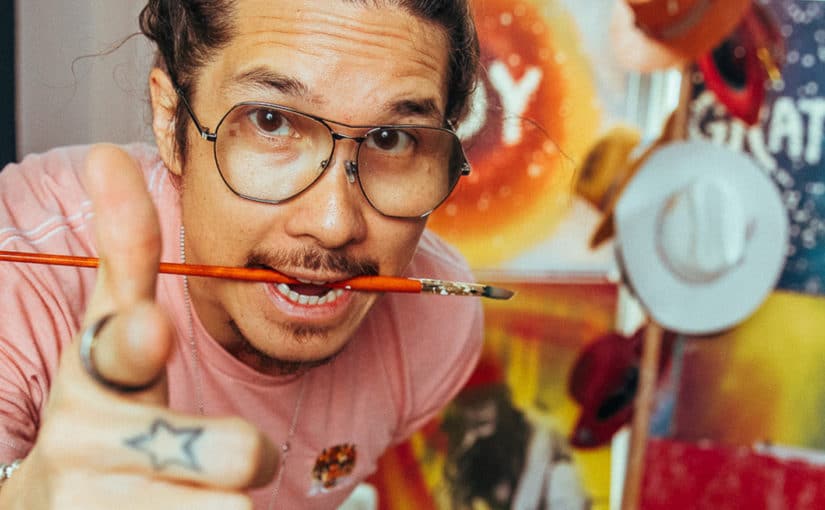
10/06/21
209: 11 Life Values in Creativity & Life Optimization
infuse your vision with a fresh breath of creativity and vitality
BOOK A BRAND PHOTOSHOOT
GET THE DETAILS
GET THE DETAILS
infuse your vision with a fresh breath of creativity and vitality
PODCAST
BRAND INTELLIGENCE
CREATIVE INTELLIGENCE
LIFE INTELLIGENCE
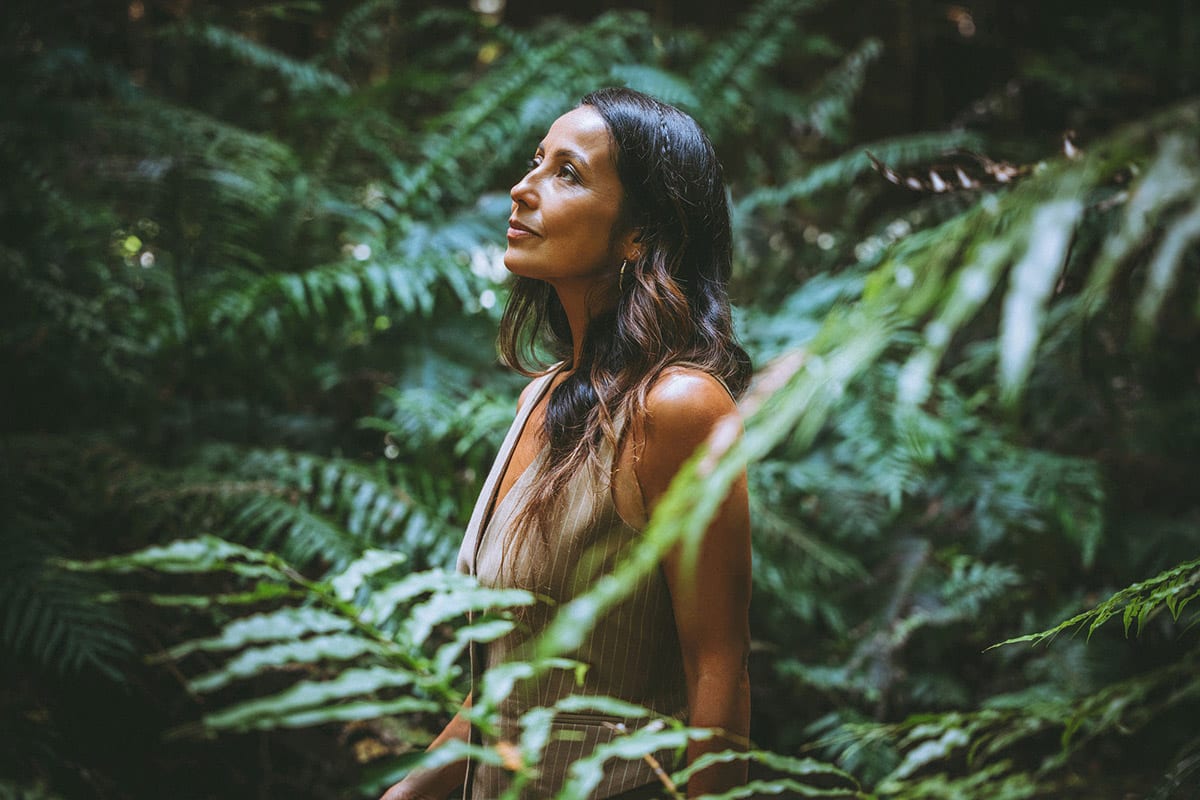
masterfully aligning perception and reality through personal branding
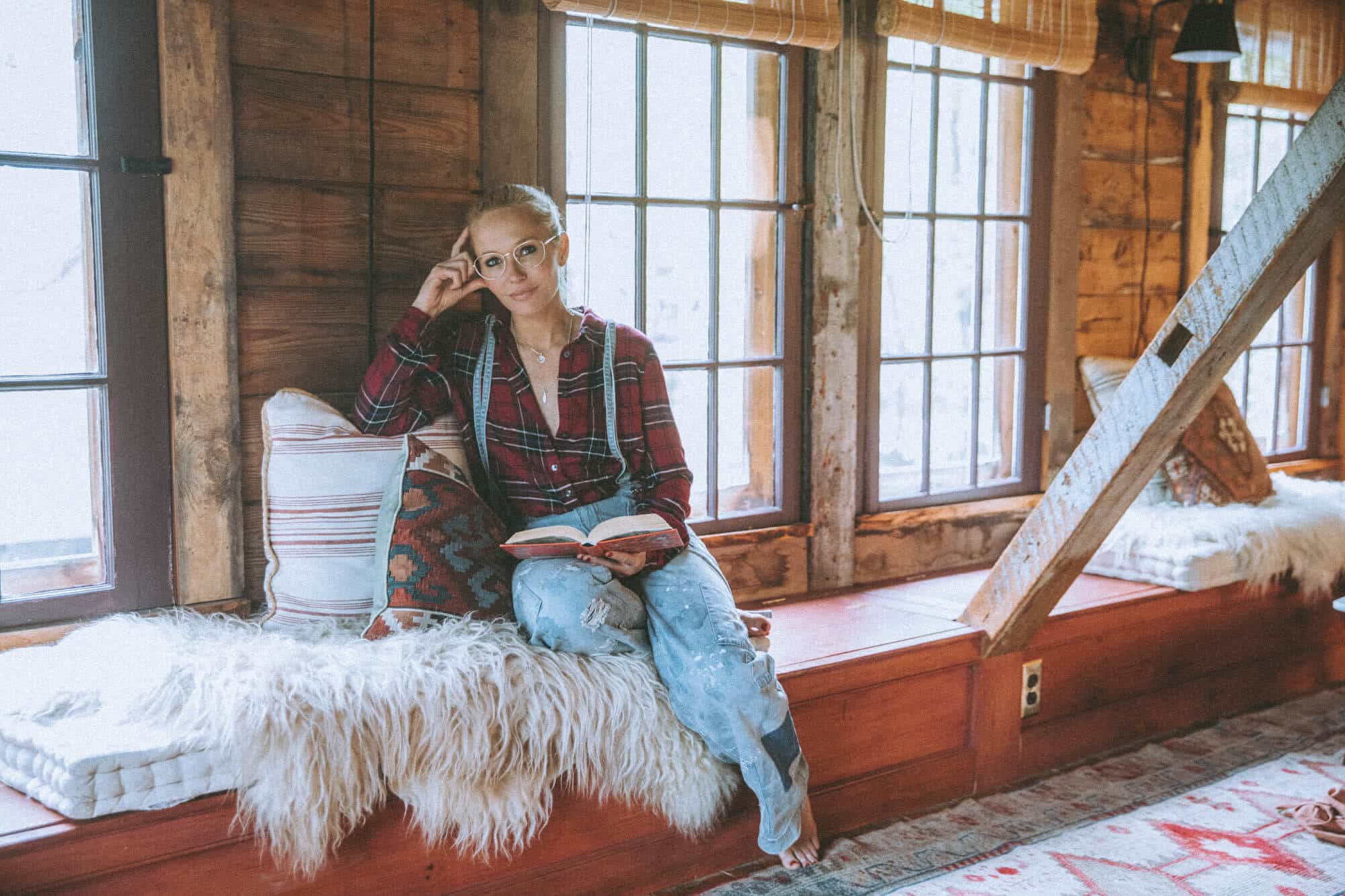
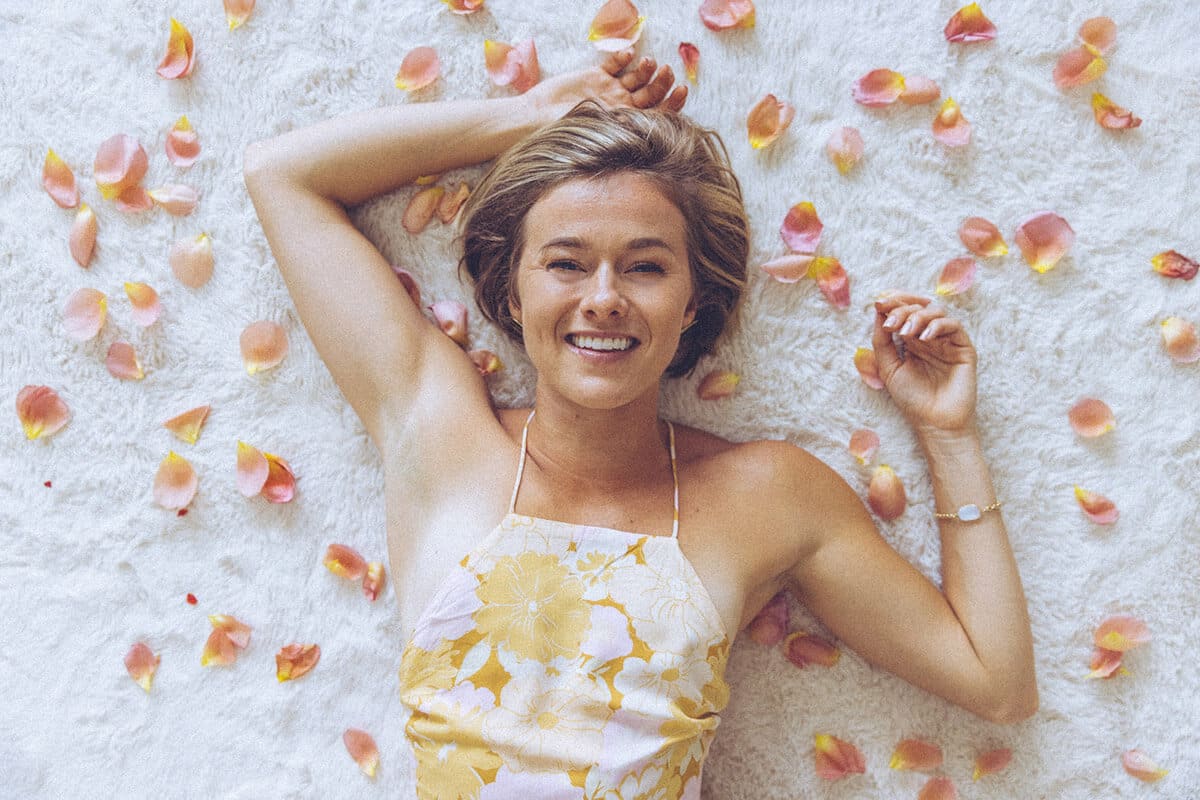
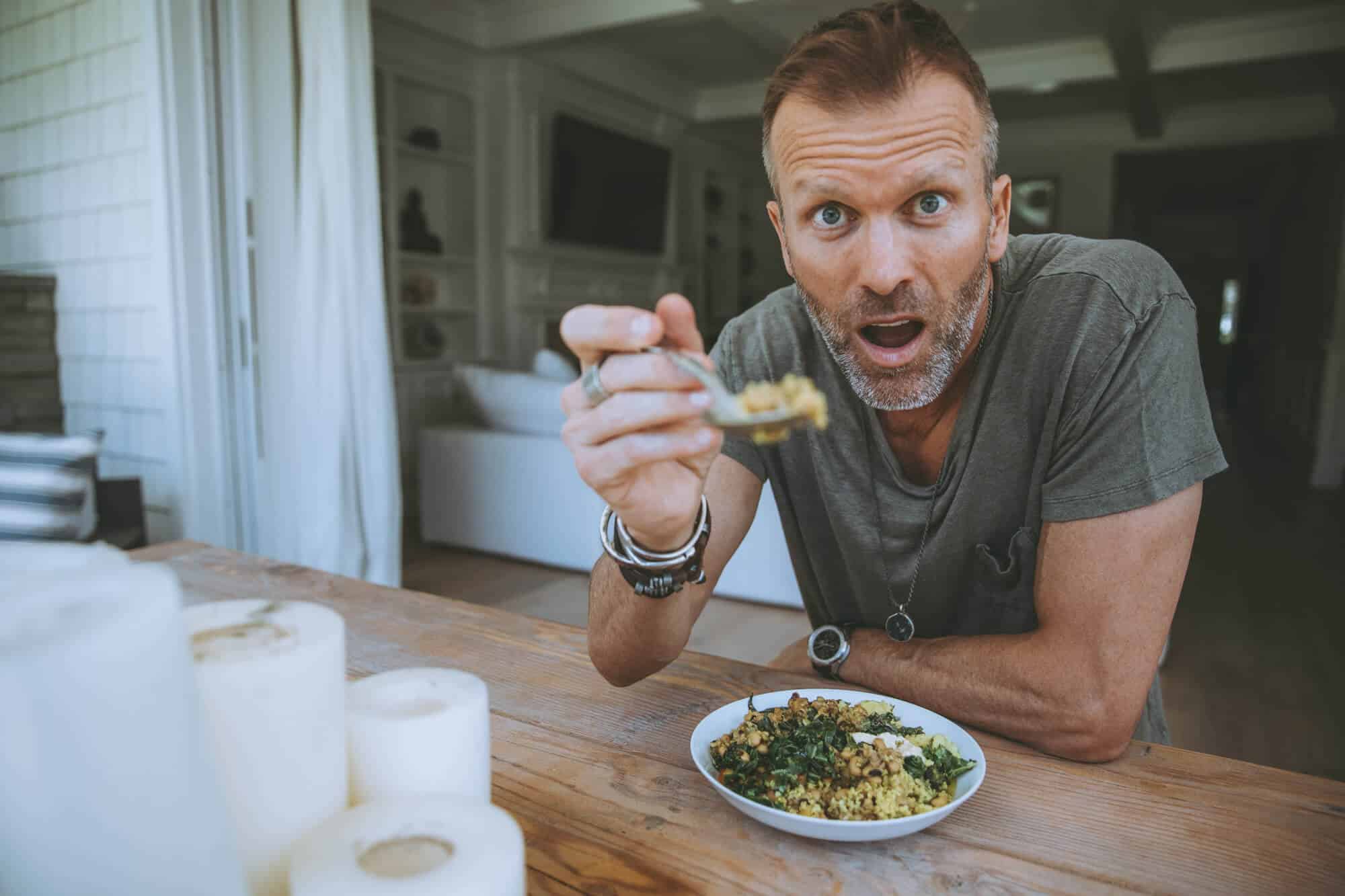
masterfully aligning perception and reality through personal branding
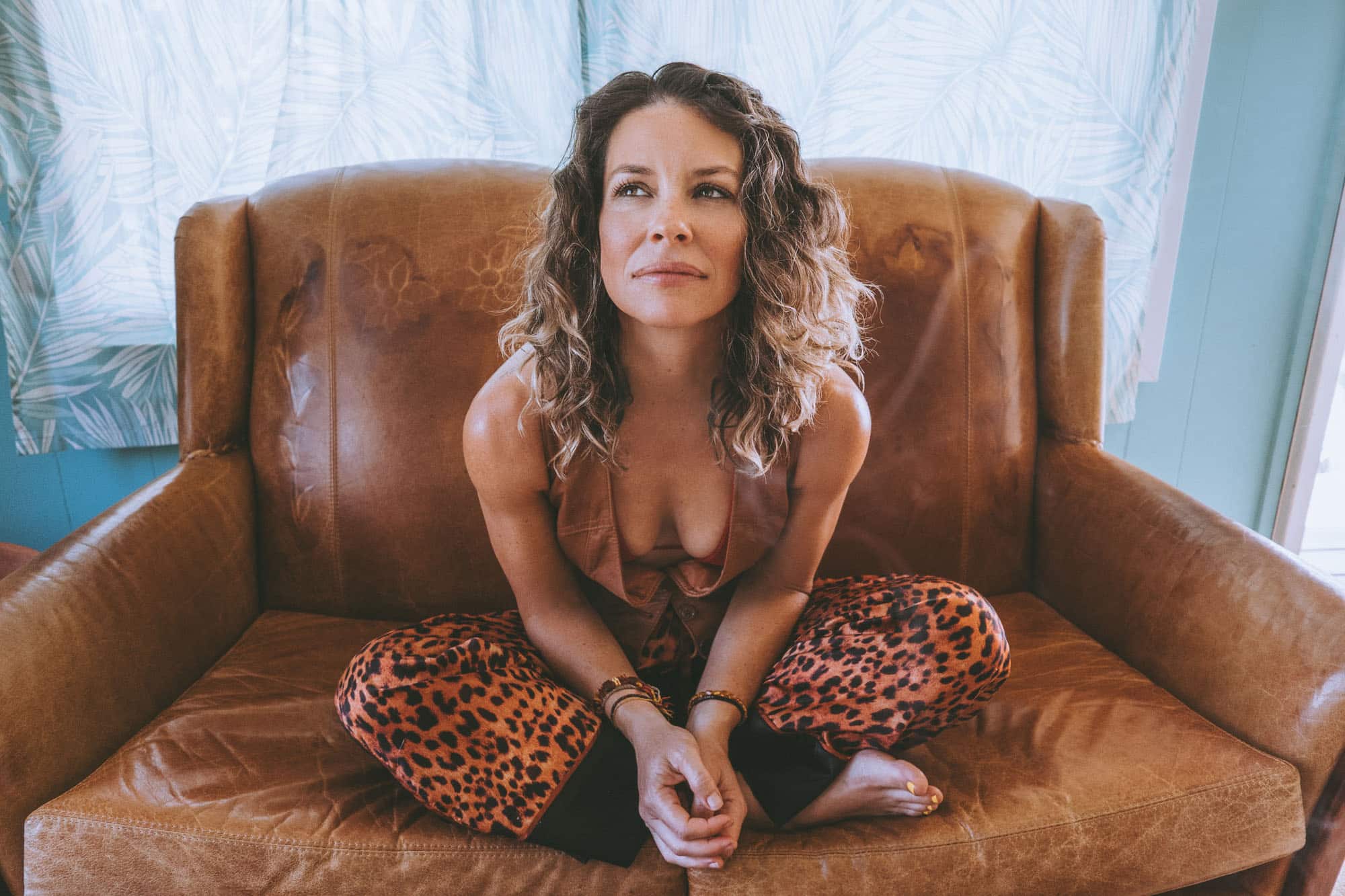
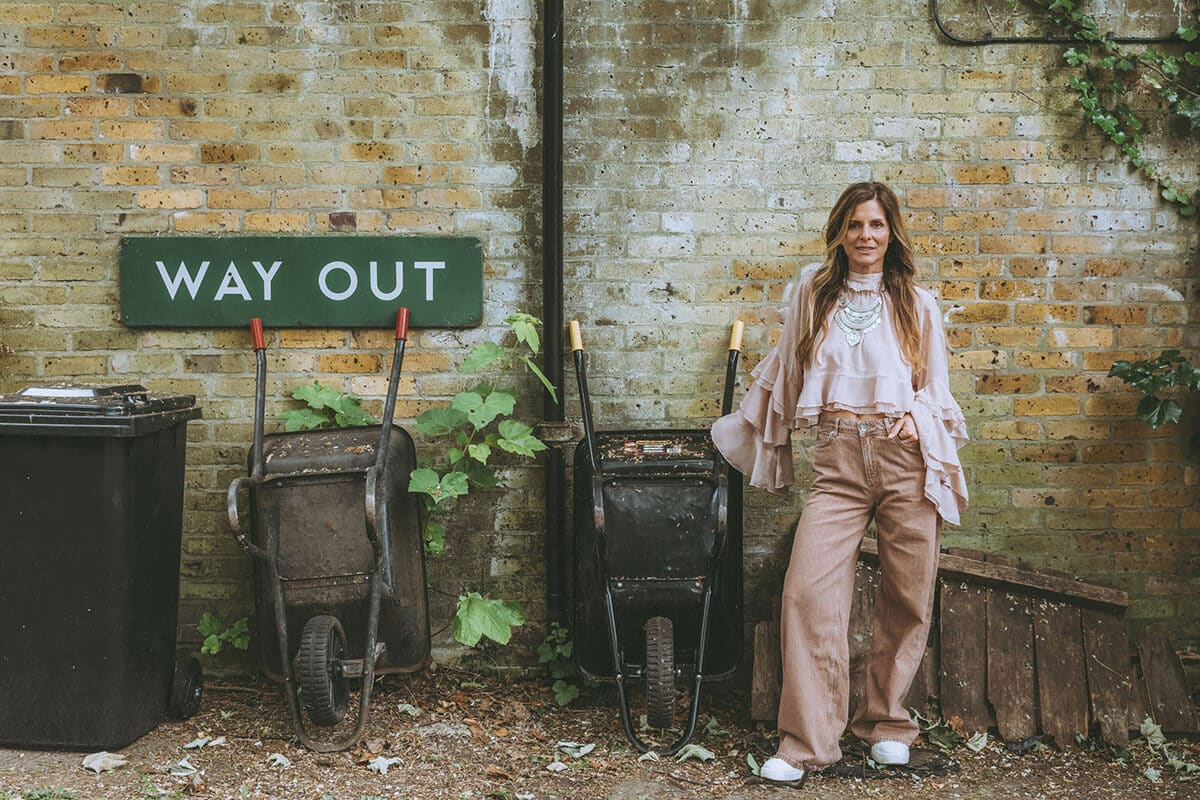
[smart_track_player url=”https://traffic.libsyn.com/secure/nionradio/11_Life_Values_in_Creativity__Life_Optimization.mp3″ title=”11 Life Values in Creativity & Life Optimization” artist=”Nick Onken” image=”https://onkensworld.com/wp-content/uploads/2021/10/209_11CreativeExcellenceLifeHacks_CVR.jpg” color=”#de4b9b” ]
“Follow your feels.”
– Nick Onken
Welcome back to ONKEN RADIO (previously NION Radio) — the podcast where we explore the body, mind, and soul of the creative entrepreneur. It’s my goal to help you take your creativity, business, and life to the next level. I’m so glad you’re joining me on this journey.
Today, we’ve got something slightly different. I want to share 11 excellent life-optimization hacks that have helped me out over the last few years to access my creativity. Not only that, each has been instrumental in helping me live a better life and feel good. I’ve been disciplined about learning what techniques there are and figuring out what works for me over the last couple of years.
It’s important to realize that not everything I share will work for you, but these 11 optimization hacks can start your journey. I’m excited to share them, so let’s get into this episode!
-
Personal Development
There was a time my business was failing, so I decided to enroll in the Mastery In Transformational Training (MITT) that my friend Lewis Howes introduced me to. It focuses on teaching about living in possibility and how our negative thoughts construct limiting beliefs. Once I understood the limiting beliefs creating my life, I could break free and build new beliefs that have been game-changers for the last few years.
Interviewing hundreds of guests on this podcast has shown me that any form of success starts with mindset — I can safely suggest that this is a great place to start.
Not all beliefs are conscious, though, and through my emotional intelligence leadership course, I learned that the subconscious mind makes up 95% of our beliefs while the conscious mind represents only 5%! Traumas and belief systems are embedded in the subconscious, so utilizing tools like psychedelics such as psilocybin and ketamine to navigate the subconscious — to rewire the subconscious — can be tremendously advantageous.
It’s on the rise, and people are using psychedelics for therapy to treat depression, PTSD, and addiction. I’ve learned the important difference between medicines and drugs — medicines help heal trauma while drugs tend to focus on symptoms.
Psychedelics can be daunting, but more studies are coming out showing how highly transformative they are, and if you’d like to hear more on the subject, Episode #185 talks about my journey with psychedelics.
-
Health
Health has been one of the most significant investments I’ve committed to over the last ten years and that I’ve accelerated to optimize my body during the last three years.
As I get older, I’ve become more in tune with not just how my body looks but, more importantly, how I feel after eating foods like carbs and sugar. To start, I changed my diet to include fewer carbs and sugars.
It’s important to recognize that everyone’s body works and reacts differently based on our sensitivities to different foods. Eating fewer carbs and sugar is working for me — but you’ve got to investigate what’s good for you and create healthier habits. A documentary that helped shift my perspective, That Sugar Film, shed light on what sugar does to your body.
The effect of sugar hits home too because my mother has cancer, and sugar feeds cancer. My decision to decrease my sugar intake has become abundantly clear for longevity. It’s taken discipline and new habits, but it’s been hugely rewarding, and I can feel it physically.
Avoiding sugar doesn’t mean sacrificing taste either! If this too feels daunting, listen to Episode #78 with Rocco Dispirito, where we discuss incorporating healthy eating into your lifestyle.
Supplements have also become a big part of my regime, and after loads of experimenting to feel what worked best I settled on Organifi. When I’m on the road, it’s easy to add their sachets to water and all the nutrients and electrolytes I need. When I’m at home, I have my protein smoothies, which start my day off perfectly.
To learn more about keeping your immune system healthy, I can recommend listening to Shawn Stevenson’s podcast, The Model Health Show.
Another important element is gut health, and I’ve been utilizing a supplement called ion from Dr. Zach Bush. This is a naturally-sourced dietary supplement that promotes a balanced gut, a healthy immune system, and a stronger you, and I love it!
Next, I’ve been practicing intermittent fasting — which means not eating for 14 to 18 hours, so I’ve been eating dinner at around 6 PM, which I’ve found helps me sleep better, and then my next solid meal is at 11 AM. I try to stick to that as much as I can by eating my protein smoothie I linked up above. My favorite protein’s done by my friend Andrew Sealy called Glo vegan, developed with a potent antifungal Lentin protein made from shitake mushroom.
Another product I use is called CoreCumin by Nurish, a super-concentrated micro nano curcumin, which aids in removing inflammation from your body. Another important product they have that helps to detoxify and extract heavy metals from the brain is CogniNurish. If you’d like to give them a try, you can use the code ONC to get 20% off your purchase.
-
Movement
Movement has been vital, and I try to integrate it into my life, so every morning I do a 20-minute workout, which is five minutes of a yoga stretch, followed by a 15-minute High-Intensity Training (HIT) workout.
For the HIT portion, I have different movements that include push-ups, pull-ups, and dumbbells so that even when I’m on the road, I can get it done. I push hard for 45 seconds with a 15-second rest in between. Each exercise will have three sets, and I have five different exercises I rotate to keep it interesting.
I also love biking around New York City! If I have to run errands or go to meetings, I’ll use my bike as much as I can, which quickly adds up to a 20 or 25-mile ride for cardio.
If I’m not cycling, I’ll walk and listen to audiobooks and podcasts to learn while exercising, which has been another game-changer for me.
I’m not obsessive about being in the gym and working out — it’s about staying healthy.
-
Staying in My Zone of Genius
My zone of genius is creating things — podcasts, taking photographs, making hats, learning how to DJ. Staying creative and building relationships is where I thrive, so I’ve had to learn to delegate things that are not necessarily my cup of tea.
An example has been switching my shopping to Amazon, so now everything gets shipped directly to me, and there’s no need to spend hours in the store. I know there’s a lot of controversy over this company, but it’s helped me in the delegation space, and I love it.
-
Space Curation and Optimization
Optimizing my apartment means it now lives and breeds creativity while aesthetically inspiring me, which helps enforce great habits I want to embody. By consciously creating your space, you program your subconscious to do things daily and enable healthier habits to form. Leaving things on the counter like my supplements so I remember to take them or having a dedicated meditation table gives me that support.
In my office, I have my hat station, my DJ setup, and my desk, all of which is intentionally curated to inspire me and help avoid procrastination. Even during those four months of quarantine, I was happy being in my apartment because it’s set up for me to thrive.
I love playing music, so I have my home connected to a Sonos sound system to play music throughout my house to drive my creativity.
-
Sleep Optimization
I’m very disciplined about getting eight hours of sleep and optimizing the quality of those eight hours. I wish I could operate productively off of five or six hours of sleep, but when I don’t get enough sleep, I’m simply sitting at my computer wishing for bed. I’ve noticed what a difference eight hours makes to my mental health and how much better I feel.
There are a couple of hacks I’ve learned to get better quality sleep.
That Ooler pad made by Chilisleep is one of the biggest game-changers in my sleep regime. I did a podcast with the founders, Todd and Tara, talking about more of the science of how cooling your system triggers your body into going to sleep. Instead of blasting my entire apartment, the pad runs cooled water through the pad between the mattress and bottom sheet. Now my body is kept at 65 degrees throughout the night — the optimum temperature for restorative sleep.
I’m also trying a product called Remrise, a sleep vitamin designed to promote deeper restorative sleep without the negative groggy after-effects like most sleeping tablets. Thanks to another important piece of technology, my Oura ring, I can track my sleep each night to see the impact of things like Remrise.
The ring monitors my sleep, calculating total deep sleep, REM sleep, and light sleep as well as tracking my fitness and providing me with data about my overall readiness.
Cutting alcohol consumption has also been a considerable contributor to optimizing sleep. If I do drink, I have a cocktail around 5 PM so my body has plenty of time to metabolize it before I go to bed.
Travelling can be disruptive to my sleep schedule, so I use a product called NuCalm, which is a biosignal auditory bio-hack that plays frequencies through the app and has a bio-cycle disc that goes on your left wrist acupuncture point. It does a great job of dropping you into a deep restorative restful state.
-
Mental Health
I’ve already spoken about how vital sleep has been to ensure I start the day optimally.
Meditation is another practice I use to help with my mind. I do a Vedic style of meditation, which de-stresses the body and helps remove negative thoughts so they’re not sitting in my body. I do that every morning for at least 20 minutes, which definitely helped during the past 18 months where COVID added extra layers of stress.
Another practice that I’ve been implementing is gratitude. Gratitude is the expression of appreciation for what one has, and practicing it every day has become one of my most effective tools to shift my state of being. There’s a book called The Magic by Rhonda Byrne where you read a chapter a day for a month and learn different gratitude practices.
Finally, I have a wellness station in my living room for meditation. I have a “magic” table to aid this process with Copal to burn, candles, and books — I even have oracle cards from Kim Kranz on there!
-
Community
We are the sum of the five people we hang out with the most — be careful and intentional about who you’re spending time. Are they pushing you towards greatness, or are they toxic? Do they create drama and drag you down? These are important distinctions to understand as part of determining if someone is helping you get to where you want to be.
A great way to find people is to seek communities or wellness events that support the direction you want your life to go.
Another important lesson is learning to set boundaries with people, even with family, to help you eliminate toxic people from your life. If they’re dragging you down or creating drama, your mental health and wellbeing depends on setting boundaries.
-
Hydration
I’ve been learning from my friend Tracy Duhs on how to optimize hydration. She has a fantastic podcast called Hydrate I can highly recommend. To purify my water, I use a water filtration system called AquaTru water filter.
I’ve also started adding chlorella, lime juice, and chia seeds to my water. One of the benefits of this is that they act as an excellent delivery system for hydration in the body.
If I’m travelling, I use sachets from LMNT to provide all the sodium-based electrolytes I need.
-
Media Intake
I could put this under mental health, but in my view, it’s something that needs extra attention. We’re so unaware of the media and how they profit from your fear, which is why it’s essential to understand that they will post news stories that trigger anxiety within you.
Fear is a commodity these days, and fear drives media outlets’ behavior. We get addicted to drama, which is incredibly unhealthy. I’ve found that reducing the amount of news I watch and curating things like my Instagram feed by following uplifting people inspires me now instead of triggering fear and anxiety.
I recommend watching an excellent documentary called The Social Dilemma on Netflix, which talks about how algorithms are specifically designed to feed us more of what we click on.
-
Personal Creative Projects
This final life value is all about playing, having fun, and getting into a flow state. Doing what’s fun doesn’t have to cost money~ It’s about seeking opportunities to try new mediums if you’re an artist. Or if you’re not an artist yet, try and play with art wherever your creativity takes you.
I’ve been a photographer for almost 20 years, but I’ve explored other mediums like painting murals and making hats — now I’m learning how to DJ! It’s all fun and keeps my creativity flowing as I learn new things.
There is no right or wrong; simply follow what makes you feel expansive and do more of that. Start focusing on creating more than you consume.
11 Life Values and Identity Alchemy
I hope you found some wisdom that resonated within these 11 life values to start creating your formula for Identity Alchemy.
Discovering who we are and expressing that with courage and clarity is a journey we are all on together. My list of 11 life values is just from the last ten years, and even now, I feel like I’m just scratching the surface. While discovering all of this takes time, I wouldn’t change it for the world because everything I am today is because of my curiosity to alchemize my identity.
Alchemy is defined as the process of taking something ordinary and turning it into something extraordinary, sometimes in a way that cannot be explained. Thus, I define Identity Alchemy as the process of deconstructing who you don’t want to be, thereby allowing you to realize who you want to become.
I believe that the deconstruction process of your inner world and your life is such a huge piece of understanding of who you are to curate who you want to become. Through it, you’ll be able to identify your shadows or the things you don’t want to be true about you, shedding them slowly. In general, I noticed that the more inner work that I do — the deeper shadow work that I do to understand myself — the better life becomes towards the path of wholeness.
Thank you so much for joining me today, guys. I hope you enjoyed this episode. If you did, please screenshot it and post it to Instagram and tag me, @nickonken. And if you’ve got time, leave me a review of this podcast. I’d love to hear your feedback.
I’ll catch you guys next time — now go live the creative lives you were meant for.
Nick Onken
You can Subscribe and Listen to the Podcast on Apple Podcasts. And please leave me a Rating and Review!
“You attract who you are.”
– Nick Onken
Some things we learn in this podcast:
- How to deal with your trauma [4:00]
- What is the difference between medicines and drugs [5:00]
- How to optimize your health [6:00]
- How to create healthy habits [6:45]
- What is intermittent fasting [9:15]
- How to set a routine for success [13:30]
- How to optimize your sleep [16:15]
- How to destress the body [20:00]
- How to monitor your media intake [26:00]
11 Life Values in Creativity & Life Optimization
-
Personal development
-
Health
-
Movement
-
Staying in my zone of genius
-
Space curation and optimization
-
Sleep optimization for mental health and productivity
-
Mental health
-
Community
-
Hydration
-
Media intake
-
Personal creative projects
Links Mentioned:
- Learn more about Ascension Leadership Academy
- Learn more about Organifi and use the code ‘onken’ for 15% off
- Get the recipe for Nick’s Protein Smoothie Bowl
- Learn more about Nurish.Me’s CoreCumin and Cogninurish
- Listen to Onken Radio Episode 184: Todd & Tara Youngblood – Chilling Your Way to Better Sleep
- Use the code ‘Nick15’ for 15% off the Ooler Sleep System and Nick25 for 25% off the chiliPAD
- Learn more about the NuCalm sleep system
- Learn more about the Aquatru reverse osmosis water filter and use the code ‘ONKEN299’ for $150 off

10/06/21
209: 11 Life Values in Creativity & Life Optimization
When you need a trusted creative partner in the room.
Take the Fit Check
Be seen at the level you’re stepping into.
Hey! I'm Nick.
PHOTOGRAPHER
BRAND ALCHEMIST
TEACHER
At vero eos et accusamus et iusto odio dignissimos ducimus qui blanditiis praesentium voluptatum deleniti atque corrupti quos dolores et quas molestias excepturi sint occaecati cupiditate non provident, similique sunt in culpa qui officia deserunt mollitia.
Build authority from the inside out.
Emanate is a creative-direction-led photography experience for entrepreneurs, speakers, and thought leaders in a moment of expansion. This isn’t about better photos. It’s about aligning how you’re seen with who you’ve become. For seasons of rebrand, visibility, and next-level leadership.
Magnetic Authority is a self-guided container for people who feel visible, but not fully anchored.
If your message keeps shifting, your brand feels inconsistent, or your presence doesn’t match your capability yet. This is where you build the foundation before you scale.
Take the Fit Check
Start Here
For founders, creatives, and leaders who want a trusted long-term partner. This isn’t coaching or traditional consulting.
It’s an ongoing creative partnership focused on bringing your personal brand identity to life.
Your brand. Your website. Your visuals.
All shaped as a direct extension of who you are. The work also includes a bespoke process of identifying and aligning the right experts when needed, so nothing gets built out of sync with your core.
Explore the Partnership
Quiet. Precise. Highly Selective.
read the latest

Nicky Clinch teaches people to dissolve their identity. So when I suggested professional photography and styling, she resisted. “Isn’t this the opposite of what I teach?” Her work is about loosening attachment to identity. Mine is about making identity visible. The paradox was real. But here’s what she discovered: you can have an identity without […]

TL;DR – What You’ll Learn in This Post Why Brand Photography Matters More for Coaches As a coach, you are the product. People are not buying information.They are buying clarity, trust, and emotional safety. Your imagery sets the tone before a single word is spoken. If your photos feel stiff, overproduced, or generic, it creates […]

TL;DR – What You’ll Learn in This Post Imagination does not create reality. Presence does. Ideas live in the mind.Vision lives in the future.But reality responds only to what is here. Nothing moves forward without presence. Not clarity.Not alignment.Not creation. Presence is not something you add.It is what remains when you stop reaching. The Gap […]

Some people do not need to perform. They simply arrive. Peter Crone is one of them. His work is quiet.Precise.Deep. So the challenge was never how to make him look impressive.It was how to let his essence lead. This case study is about what happens when imagery stops trying and starts listening. The Challenge Peter’s […]

Most celebrities spend their careers being turned into something they’re not. Magazines need a character. Brands need a fantasy. Directors need a performance. After decades of that, you forget who you actually are. Evangeline Lilly retired from acting and faced a question most people avoid: who am I when I’m not performing? The answer required […]

If you’re searching for a photographer in London who can actually capture your essence, not just your image, you’re asking the right question. Because when it comes to personal brand photography, geography matters.But frequency matters more. You don’t need just a photographer.You need a visual translator. Someone who can turn your energy, story, and identity […]
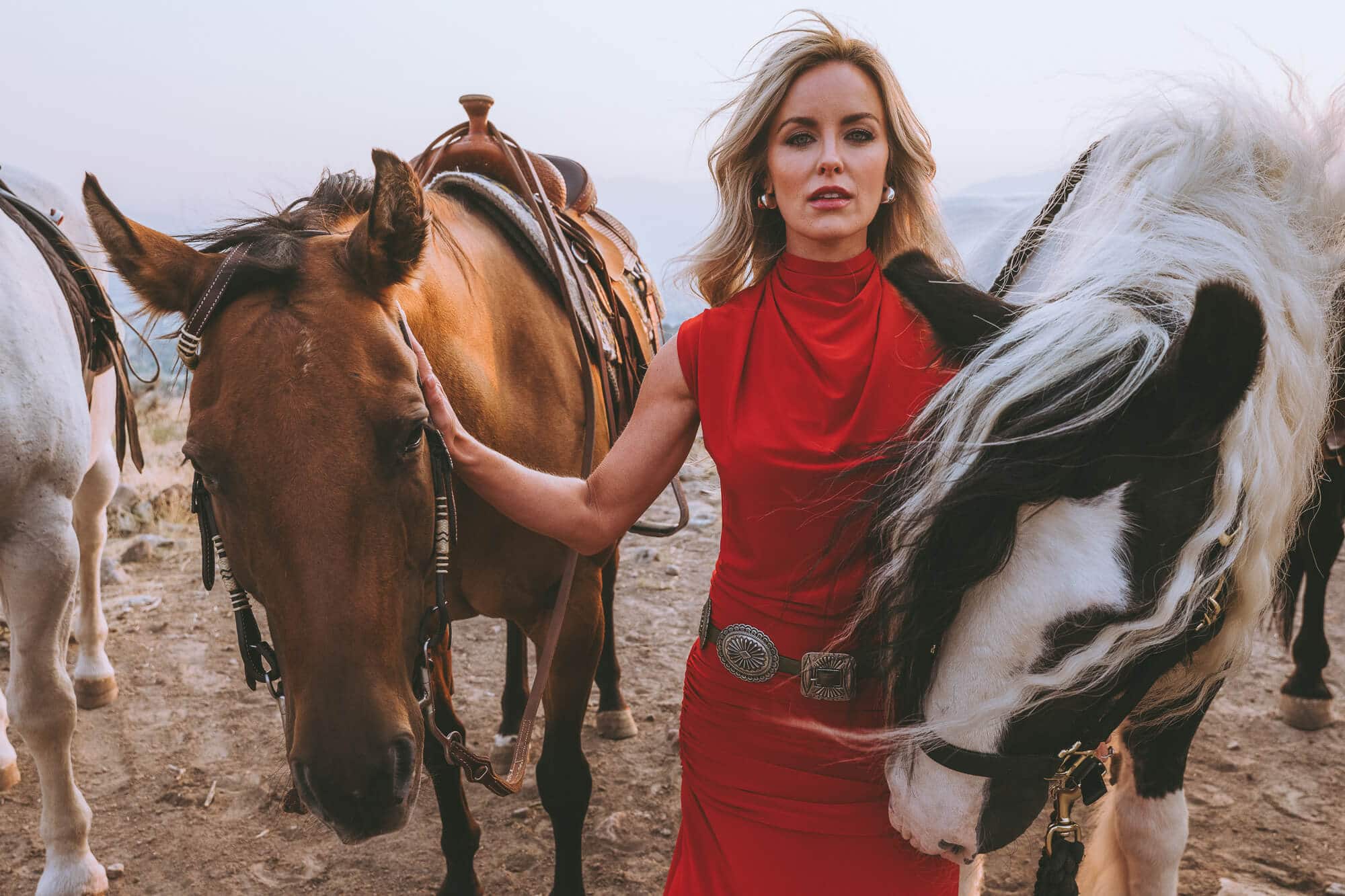
Visual identity isn’t about how you look. It’s about how you make someone feel when they first encounter you. Before anyone reads your words, they feel your presence.Before trust, there is tone.Before authority, there is resonance. This is where Elevated Realism™ lives.Not in polish.Not in perfection.In presence. The Problem With Most Brand Imagery Most visual […]
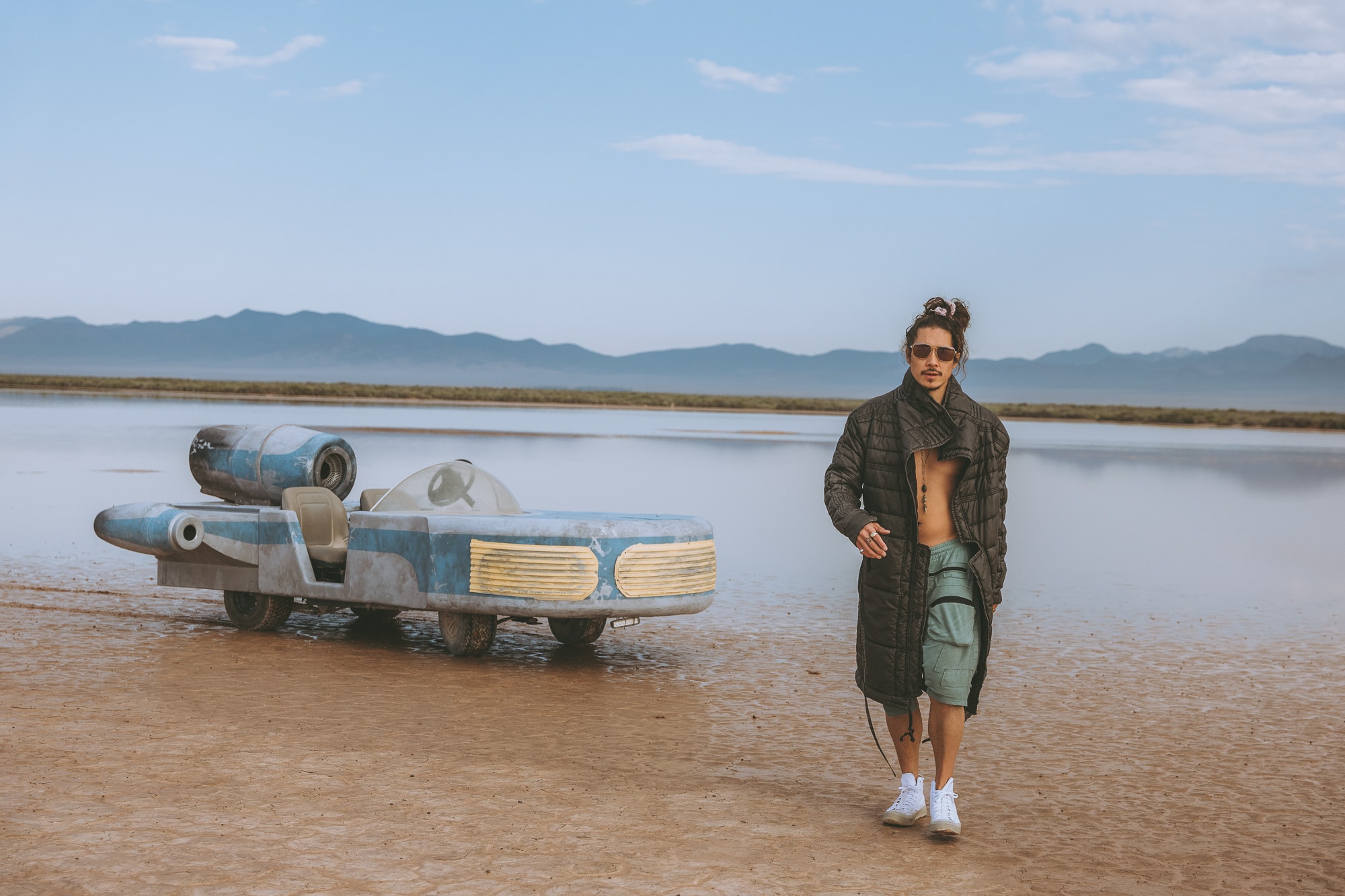
There’s something pulling at you. Not a plan. Not a strategy. Not even a clear destination. Just this persistent tug that won’t let go. You’ve probably tried to rationalize it away. To wait for more clarity. To map out the full journey before taking a step. But here’s what I’ve learned after years of building […]
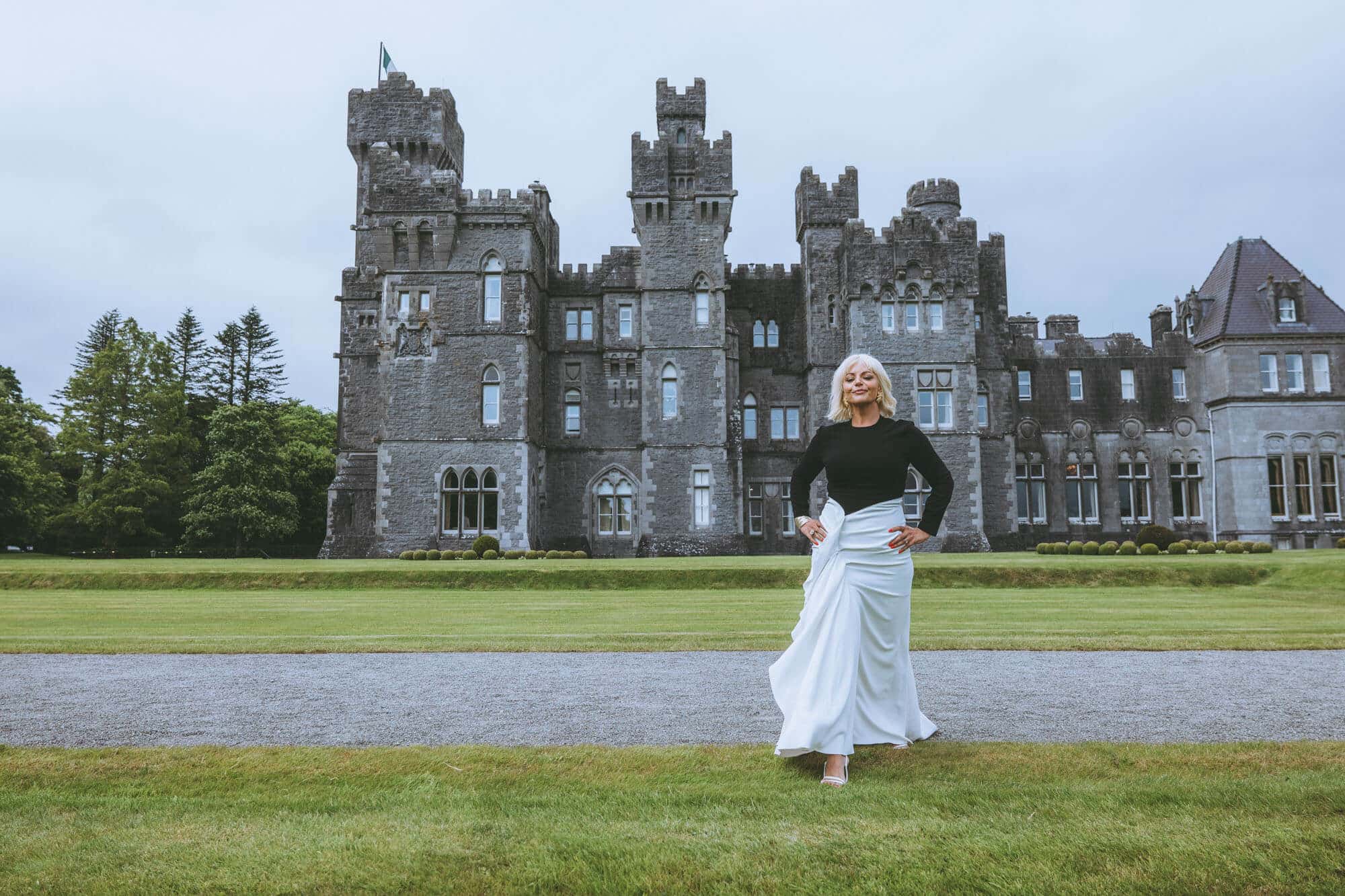
What happens when your inner transformation meets visual expression? When Caoimhe Harrison came to me, she wasn’t just looking for new photos. She was mid-evolution. Her coaching practice had deepened. Her energy had shifted. And the version of her that existed online no longer matched the woman she was becoming. She didn’t need a rebrand. […]
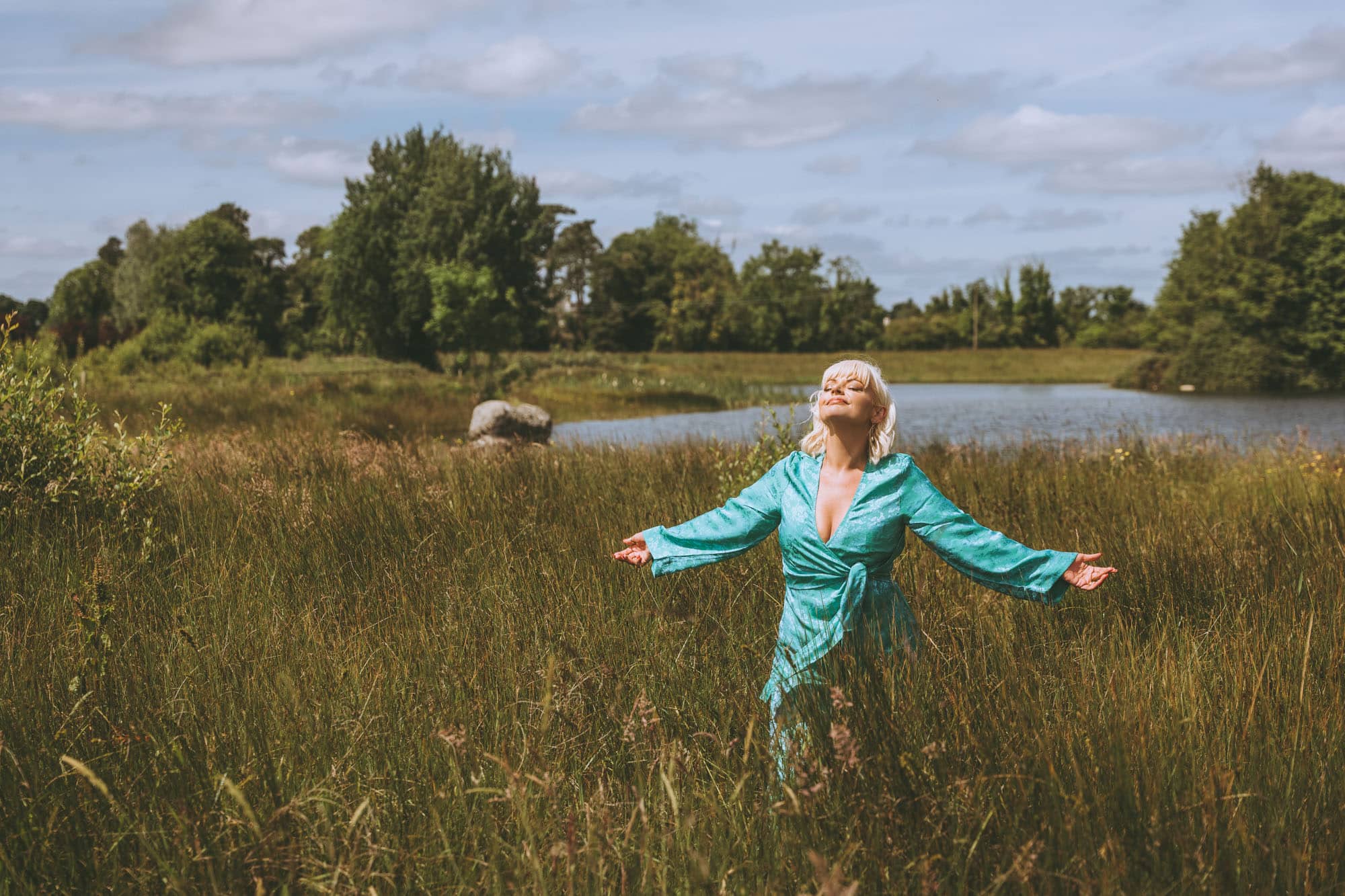
(For the Financial Brains Who Don’t Get It Yet) Let’s talk numbers. Just not the ones you’re used to. If you’re financially minded, you’ve probably asked this question before:“How does photography actually pay me back?” It’s fair. You’re not looking for vibes.You want leverage. Personal brand photography often gets dismissed as “nice to have” because […]
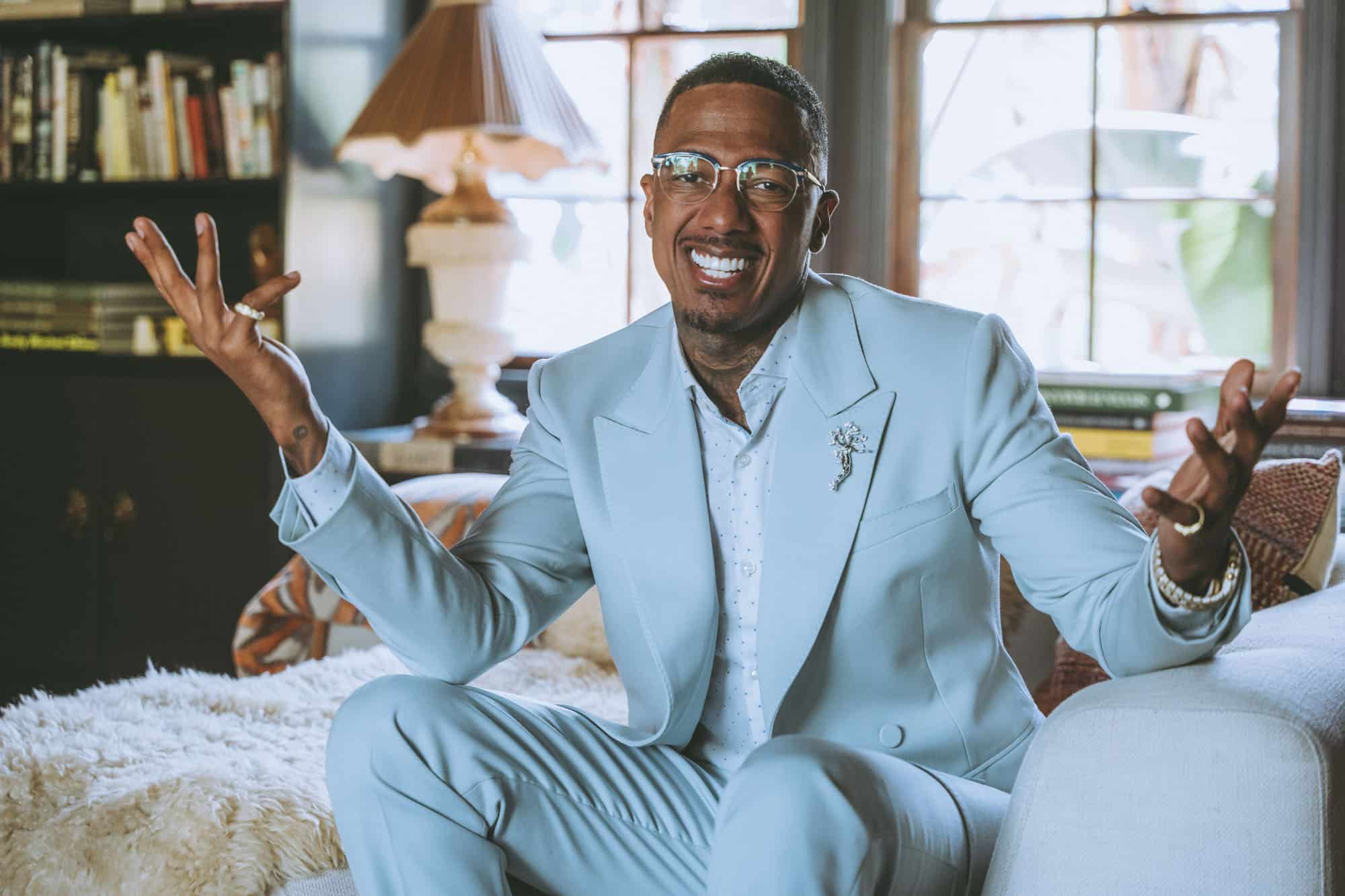
Most photographers compete on price. The best ones don’t compete at all. If you’ve ever looked at photographer pricing and wondered why some charge $500 while others charge $5,000 for what looks like the same service, you’re asking the right question. The answer isn’t about skill. It’s about authority. Two photographers can have identical technical […]
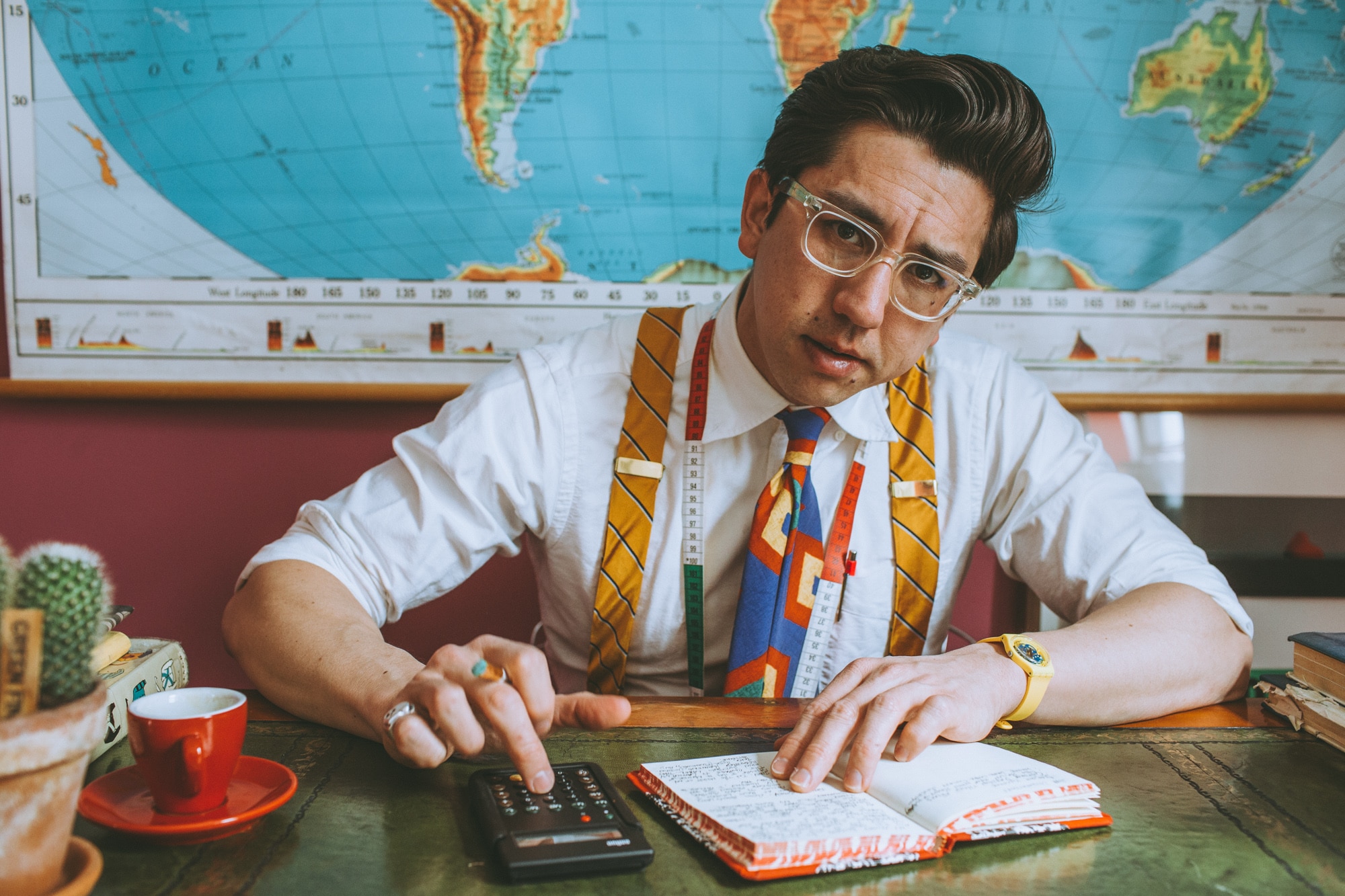
A Free Download for Aligned, Effortless Shoots Most photoshoots fail before the camera ever comes out. Not because of lighting.Not because of gear.Not because of posing. They fail because of misalignment. People show up hoping the camera will figure out what they haven’t clarified yet.And the result is predictable. Good photos.Wrong signal. This checklist exists […]
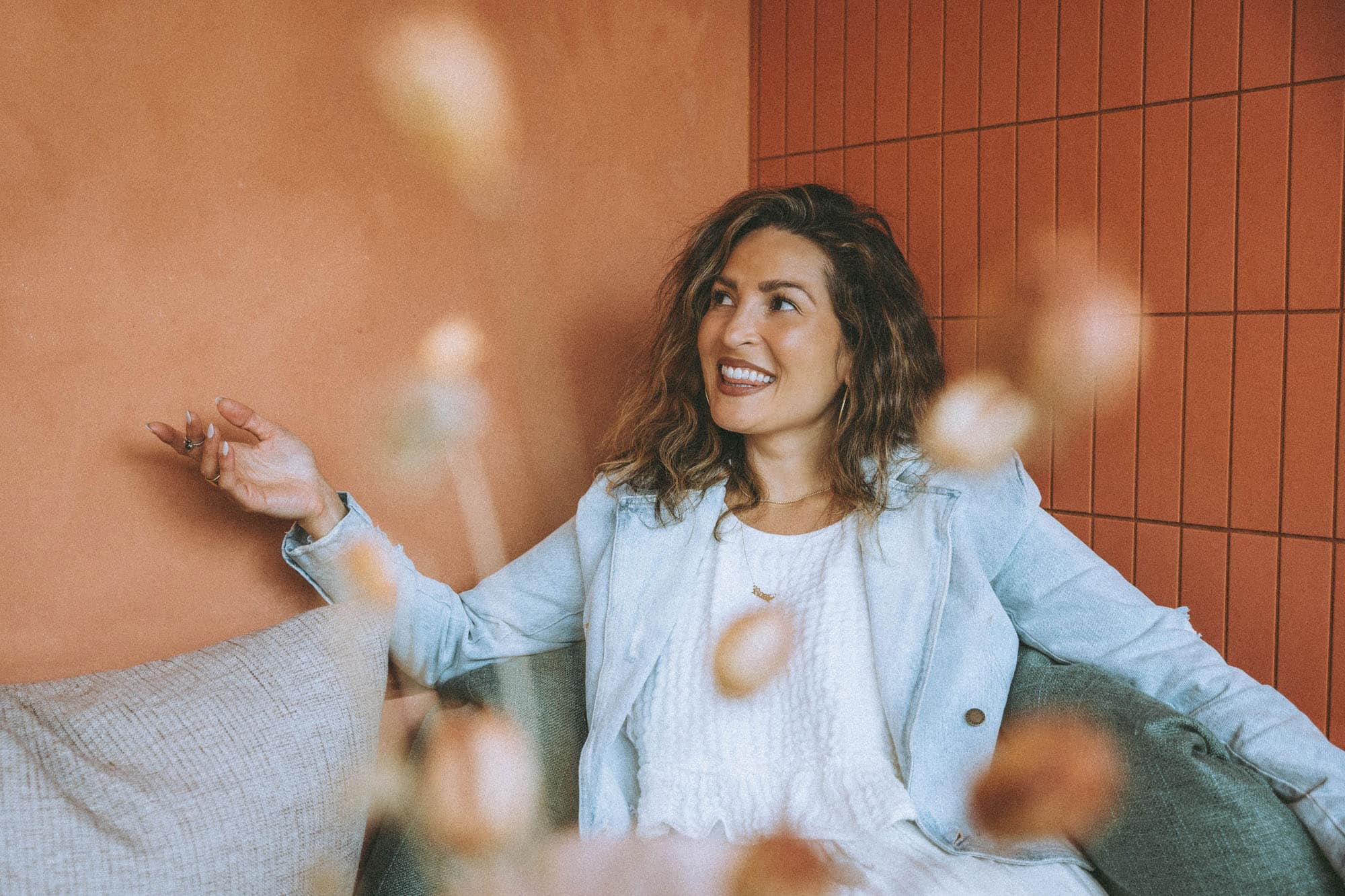
2026 Packages This isn’t coverage. It’s coherence. An Elevated Realism™ shoot isn’t designed to give you more photos.It’s designed to give you clarity, consistency, and authority across your entire brand ecosystem. Every element of the experience exists to solve one problem:Your current visuals no longer reflect who you’ve become. Here’s exactly what’s included in an […]
About the Blogger
I was born in a low middle class conservative religious family in the suburbs of Seattle. Art was and always has been my passion, and more than that a way of life. Starting as a graphic designer, I taught myself photography, built a commercial/editorial business shooting for the worlds biggest brands like Nike, Coca-Cola, Adidas and more. I've also had the opportunity to photograph the world's biggest celebrities like Justin Bieber, Usher, Jessica Alba and more. I've curated a lifestyle around creativity and have learned a lot along the way which I get to share here.
I was born in a low middle class conservative religious family in the suburbs of Seattle. Art was and always has been my passion, and more than that a way of life. Starting as a graphic designer, I taught myself photography, built a commercial/editorial business shooting for the worlds biggest brands like Nike, Coca-Cola, Adidas and more. I've also had the opportunity to photograph the world's biggest celebrities like Justin Bieber, Usher, Jessica Alba and more. I've curated a lifestyle around creativity and have learned a lot along the way which I get to share here.
